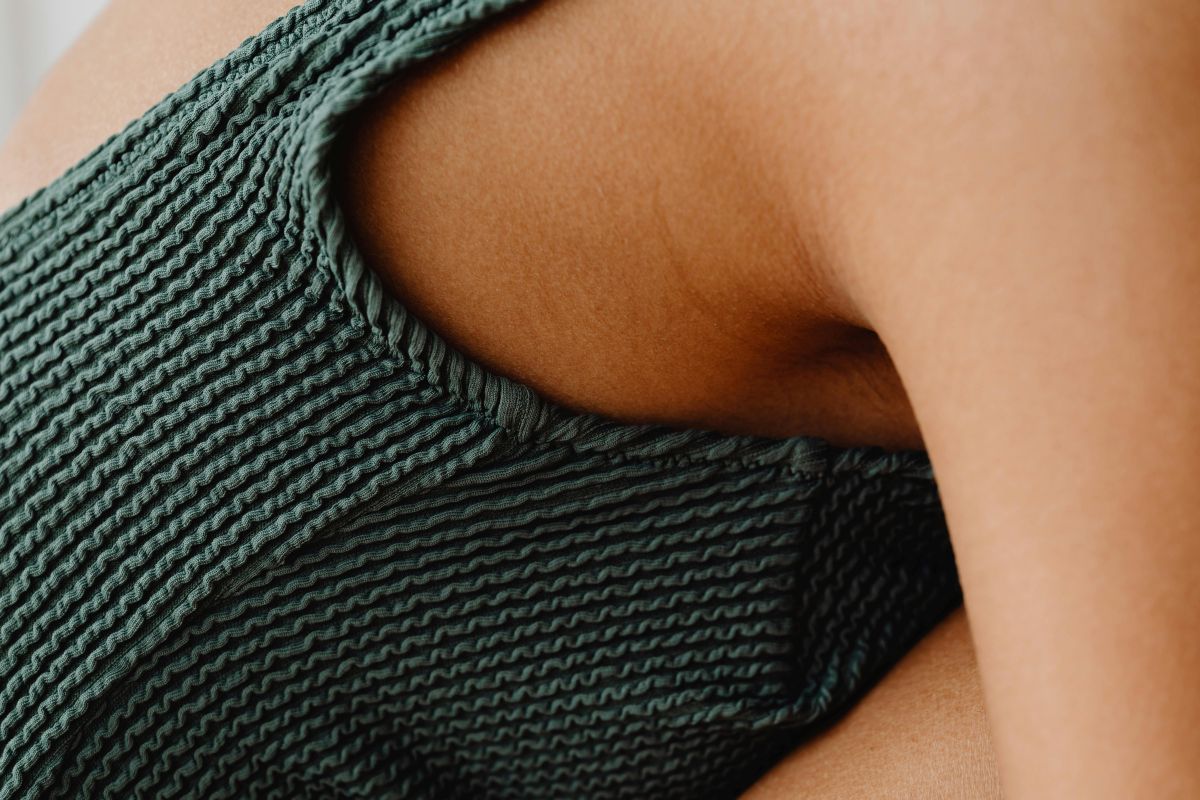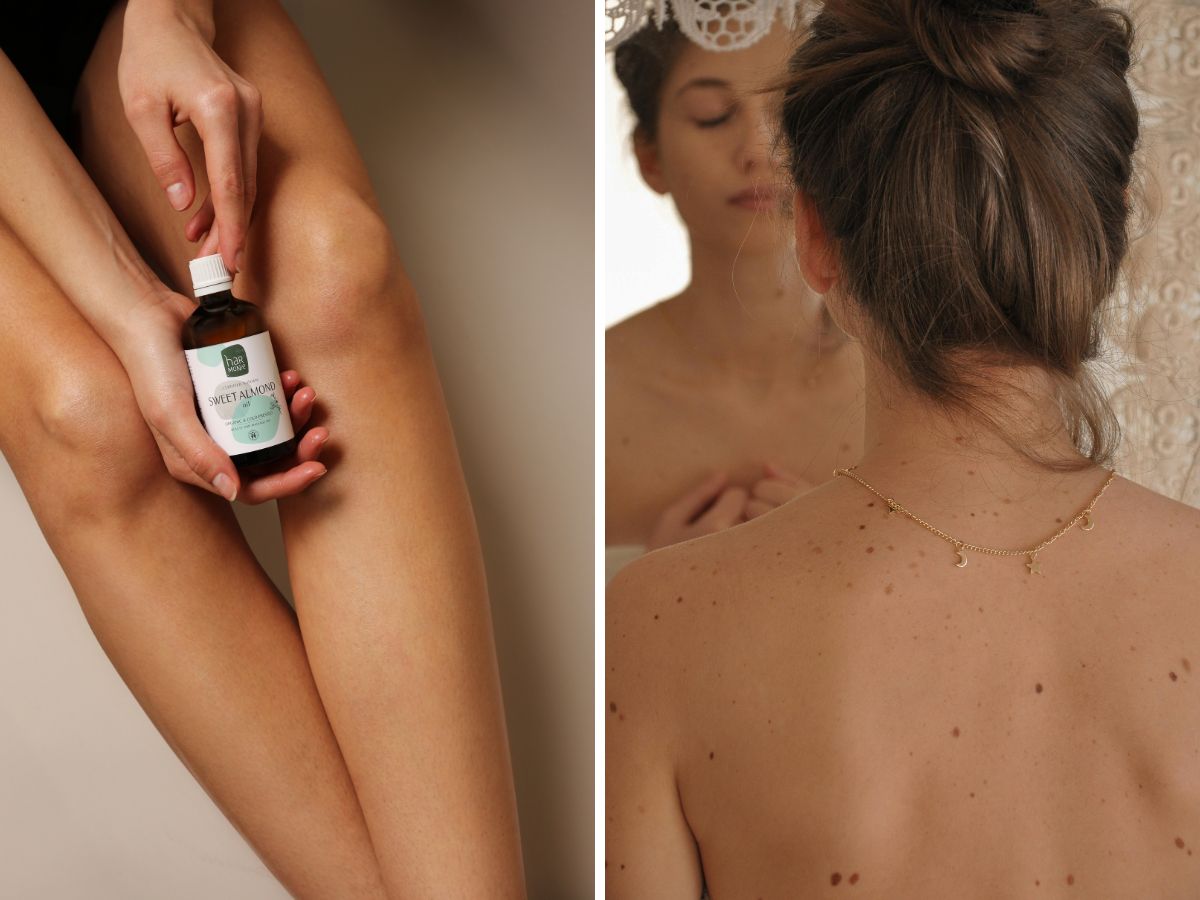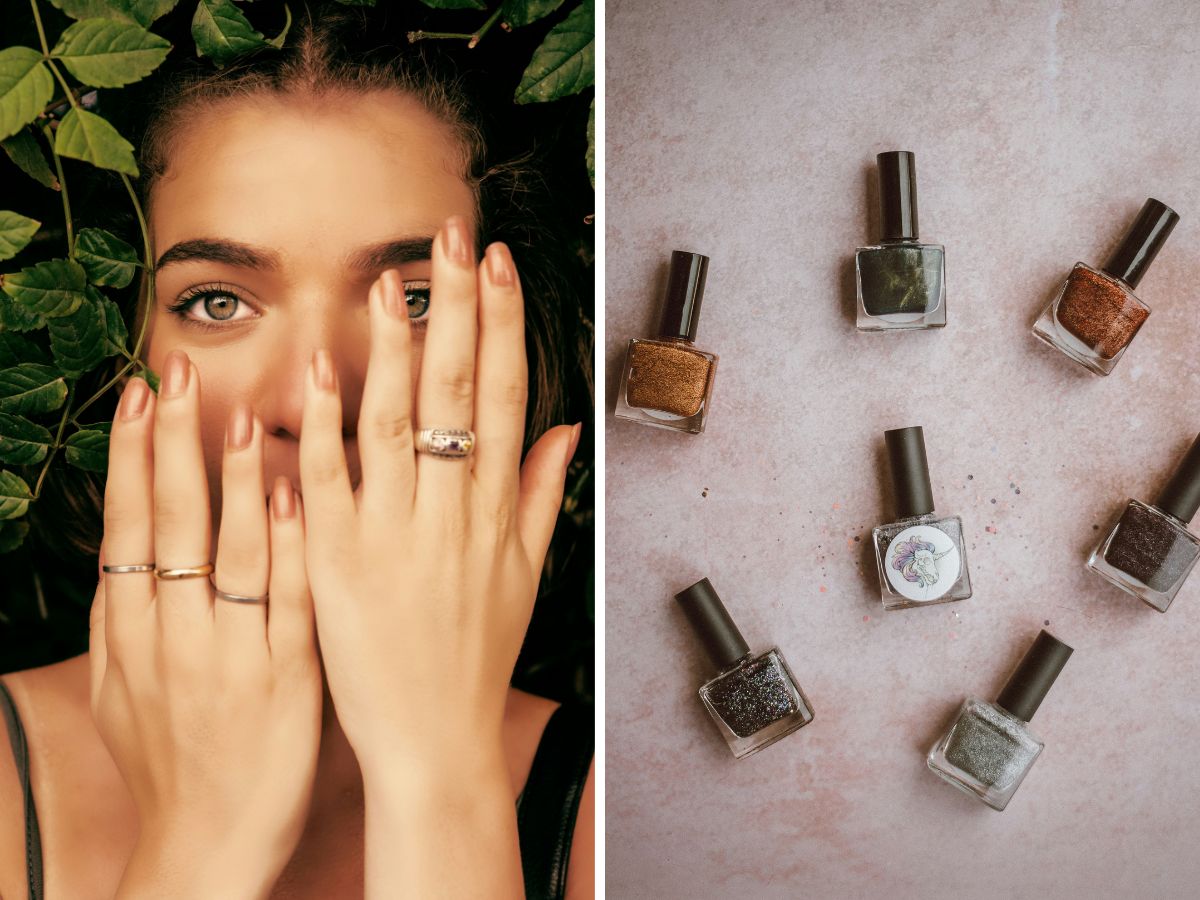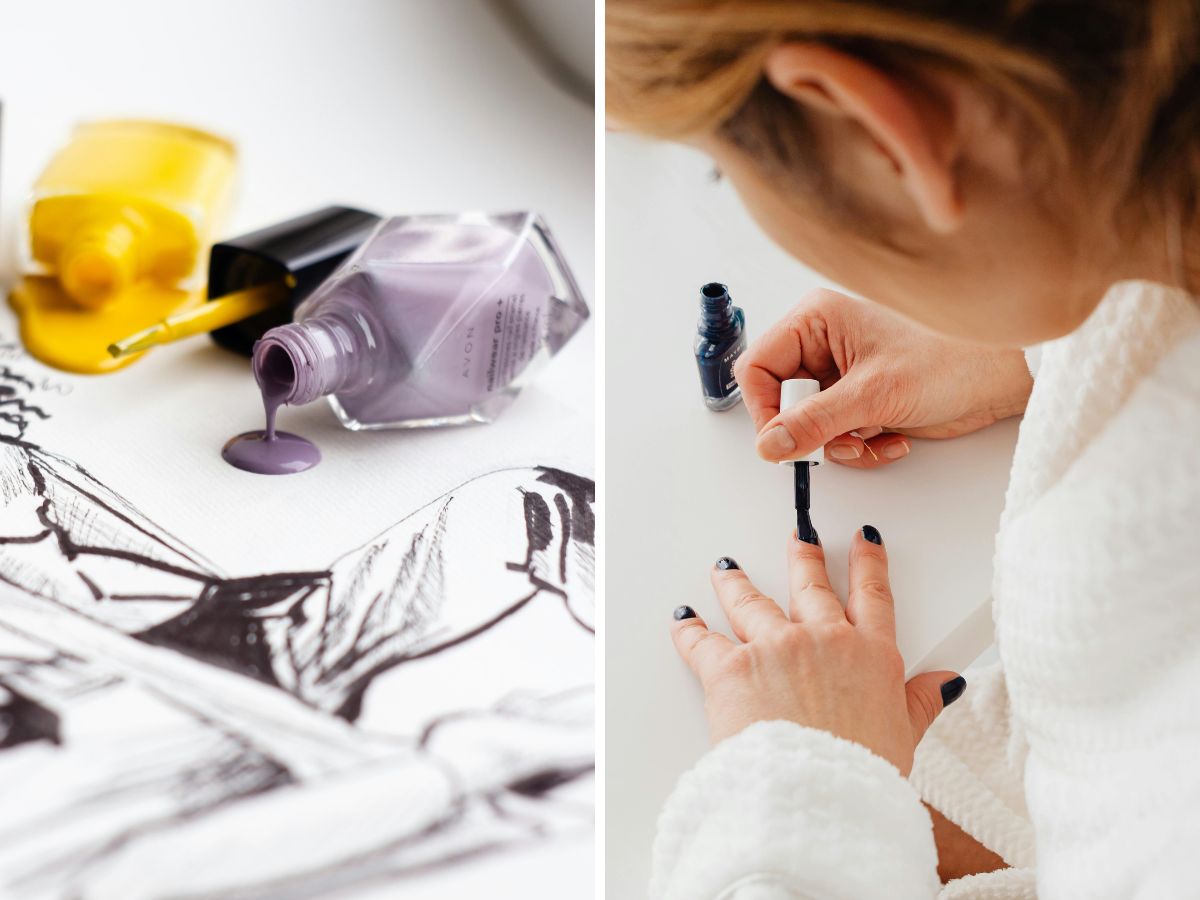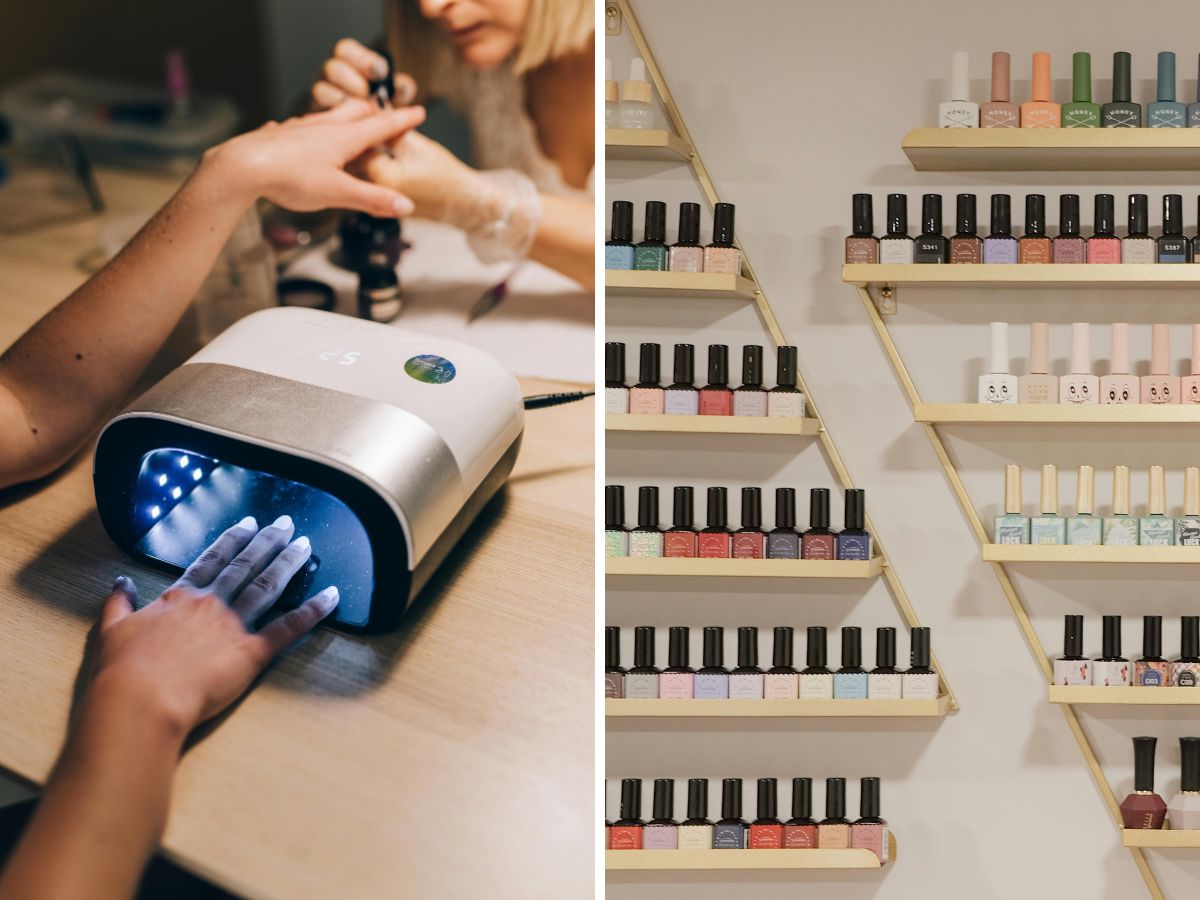As soon as the sun shows itself a little more often, we reach for the deodorant again in droves. For many, it has been a regular thing since puberty: lubricating, rolling or spraying against sweat odours. But what about durability? Can you choose that deodorant roller more green? Saskia dives into the world of sustainable deodorant and looks for variants that are better for you and the planet.
Is there a smell to deodorant?
You probably use it every day: deodorant. But have you ever wondered what it actually contains? Sweat doesn't smell very strong by itself. It is the bacteria on your skin that cause the familiar smell. That's why deodorants often contain ingredients that inhibit or kill those bacteria. According to the handy site WHERE IS IT.nl you then quickly come across substances such as alcohol, perfume, zinc oxide and aluminium salts.
Zinc oxide, a white powder you might know from sunscreen, makes your skin more acidic, making bacteria less likely to grow. Alcohol kills bacteria and dries out the skin. Perfume masks odours and aluminium salts - note that name - are used in deodorants to reduce sweating. They put a kind of layer over your sweat glands. Finally, preservatives are added to make your deodorant last longer. According to experts, deodorants, even cheap household brands, are simply safe when used normally. So: is there a smell to deodorant? If this were all there was, it wouldn't be so bad. But yes, many cosmetics brands put a lot more in it. And that does smell like something, yes.
Aluminium salt in deodorant
Aluminium salts are regularly discussed in blogs and on social media. Not so much from a sustainability point of view, but rather from a health concern. People often warn of possible risks, such as skin irritation or even an increased risk of breast cancer. This sounds vehement, but according to the platform Waar zit wat in - an initiative of the National Institute for Public Health and the Environment (RIVM), among others - these concerns are not backed by reliable scientific evidence. The claims about breast cancer are based on studies with shortcomings. Better-designed studies show no link between deodorant use and breast cancer.
The idea that aluminium salts necessarily cause skin irritation also does not hold water. According to dermatologist Menno Gaastra (in Trouw): ‘What matters is how sensitive a person's skin is and which deo they feel comfortable with. What the market shouts about healthier deos without aluminium, we should let go of.’ Moreover, he stresses that natural ingredients, such as aloe vera, can also cause irritation just as well.
In short: if you use a deodorant with aluminium salts and are happy with it, there is no need to worry. But are there other things to look out for if you want to make a more sustainable choice?
Are you a roller or a sprayer?
What is a sustainable tip though: try to avoid spray cans as much as possible. These are by far the least environmentally friendly. When used, they release propellants, mostly volatile organic compounds (VOCs), according to Milieu Centraal. These can contribute to smog and cause respiratory complaints. Not a very good idea. Fortunately, there are plenty of alternatives: opt for a deo you can roll, spray (without propellant) or lubricate.
Choosing sustainable deodorant: what to look out for
OK, a little deostick may not seem like a big culprit for the planet, but every little bit helps. Why smear something every day that is full of ingredients you don't need, and which may also have been produced in a less sustainable way? Fortunately, you can easily find out exactly what is in your favourite deodorant. There are several free apps that make it easy to check the ingredients. Useful to have on your phone are Think Dirty and INCI Beauty. You take a picture of the ingredient list on the packaging, and the app shows you what's in it and whether it's harmful or just fine.


You can choose your sustainable deodorant in several ways, but the packaging choice is the last thing you should look at when making a more sustainable choice.
A sustainable deodorant is one without microplastics
Many personal care products - including deodorants - contain microplastics. These are deliberately added to make the product more spreadable. But they are anything but good for the environment, nor is it entirely clear what they do to our health. In short: better to avoid them. Fortunately, this does not have to be complicated at all. With the free app Beat the Microbead you check in a few moments whether your deo contains microplastics. As with the other apps, you take a picture of the ingredients list, and the app tells you if it contains plastics. Is your current deo full of microplastics? Just use it up and then look for a cleaner alternative. The tips in this article will get you started.
Sustainable deodorant with good labels
Want to save yourself some searching? Then choose a deodorant with an eco-friendly label. Some products even carry several. The organisations behind these labels impose strict requirements on the origin and composition of the ingredients. If you see such a label on the packaging, you know that the product is made of natural ingredients obtained in an environmentally friendly way. Microplastics are also excluded: they are simply not allowed in certified products. That way, you don't have to decipher the entire list of ingredients yourself.
Good examples are the EU Ecolabel, Nordic Swan, COSMOS and Natrue. You can find a handy labels guide with a complete overview. Note that there are also vague labels that look like a seal of approval but are not. Some manufacturers make up their own icon to make you feel good, while there is no independent verification involved. So stay critical.
Vegan and cruelty-free: what's the difference?
The terms vegan and cruelty-free you see more and more on personal care products, but they do not mean the same thing. Vegan means there are no animal ingredients in it, while cruelty-free indicates that the product has not been tested on animals. A product can therefore be vegan, cruelty-free, both or neither. Want to know exactly what these terms mean and what to look out for? Then read our comprehensive article: what is the difference between vegan and cruelty-free?
What about deodorant packaging?
Packaging is certainly not forgotten, but since it has relatively little impact compared to ingredients, you should not base your choice blindly on this. Think plastic-free is automatically better? Unfortunately, this is a misconception. Glass, for instance, takes a lot of energy to recycle, and paper is not necessarily more environmentally friendly.
A deodorant in recycled plastic that is easily recyclable is among the better choices. Plastic? Yes, you read correctly: plastic. Still, it's complicated because deodorant - especially rollers - are often made up of multiple types of plastic, making recycling more difficult. Want to know more about plastic packaging? Then check out this article on plastic packaging and sustainability.
Looking for a sustainable deodorant?
Want to know which deodorant brands are really more sustainable, with fewer and better sourced ingredients? We've compiled a nice list for you, where you won't find a spray can. Curious? Bthen check out our article with the best sustainable deodorant brands. Of course, you can also make your own deodorant! That way, you know exactly what's in it and save on packaging. Try our easy DIY recipe. Do you have any tips or discoveries of your own about sustainable deodorant? Be sure to let us know!
Photo credits: main image: Karolina Grabowska (Pexels). Other: thegreenlist.nl.

